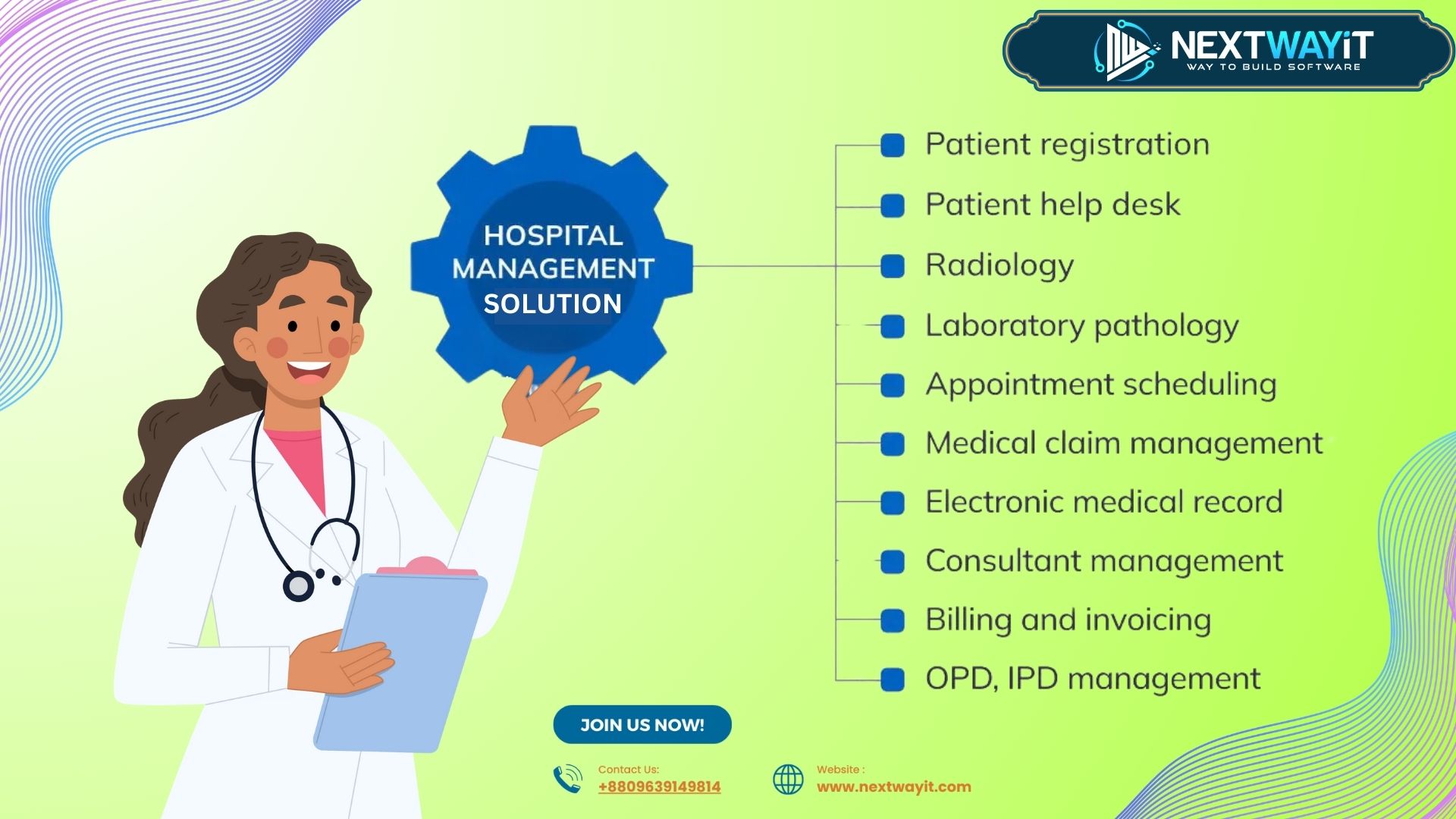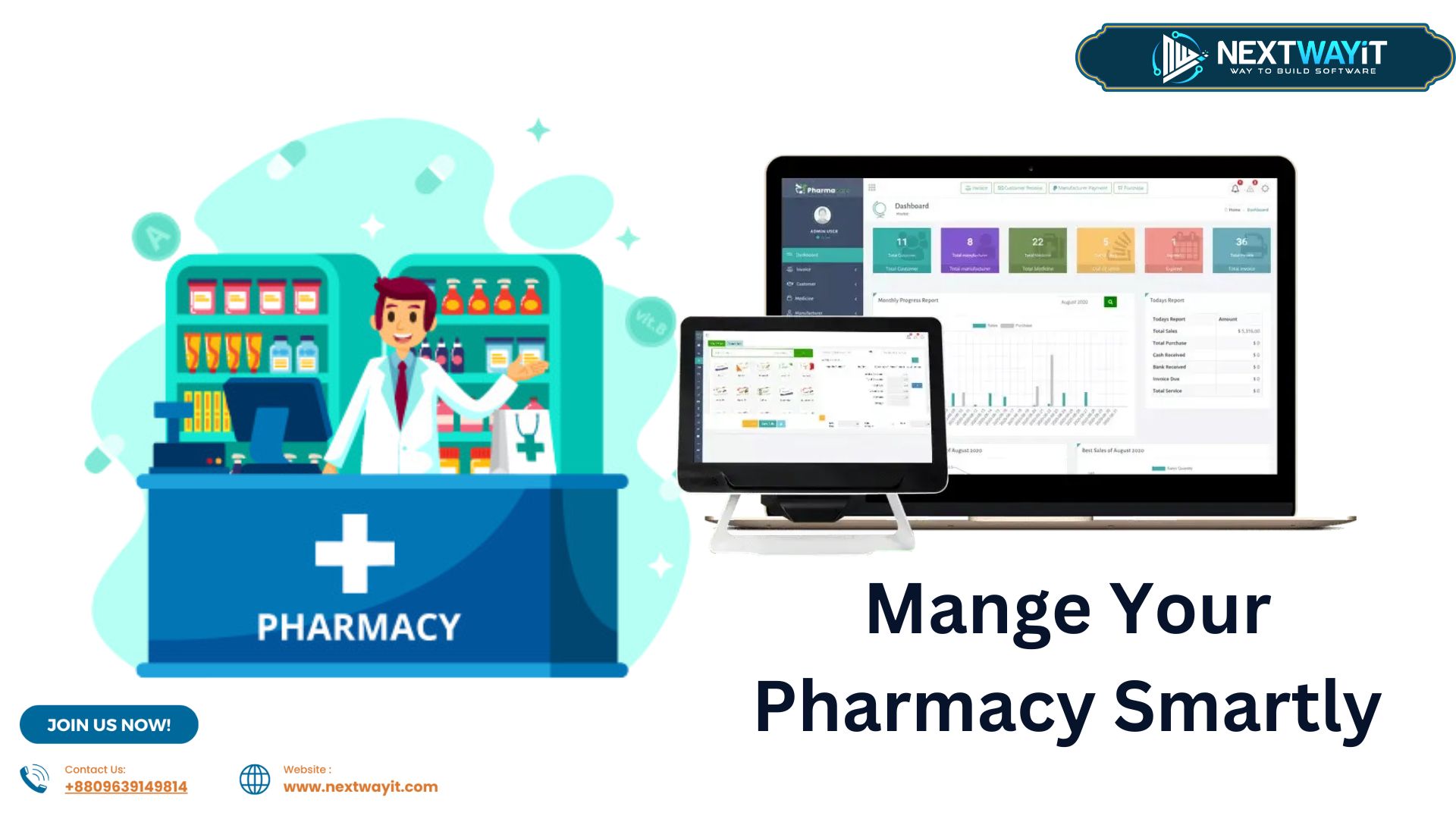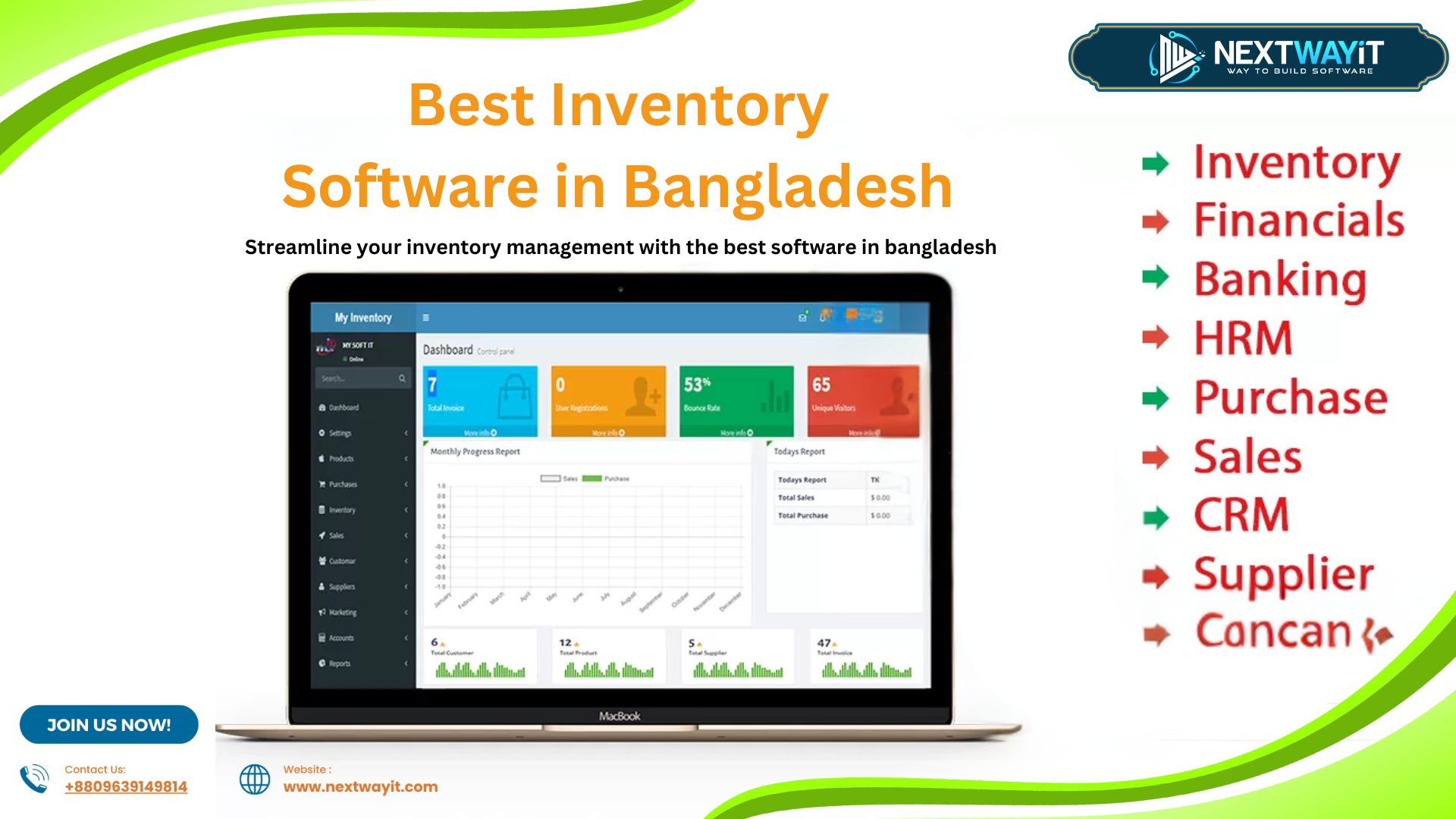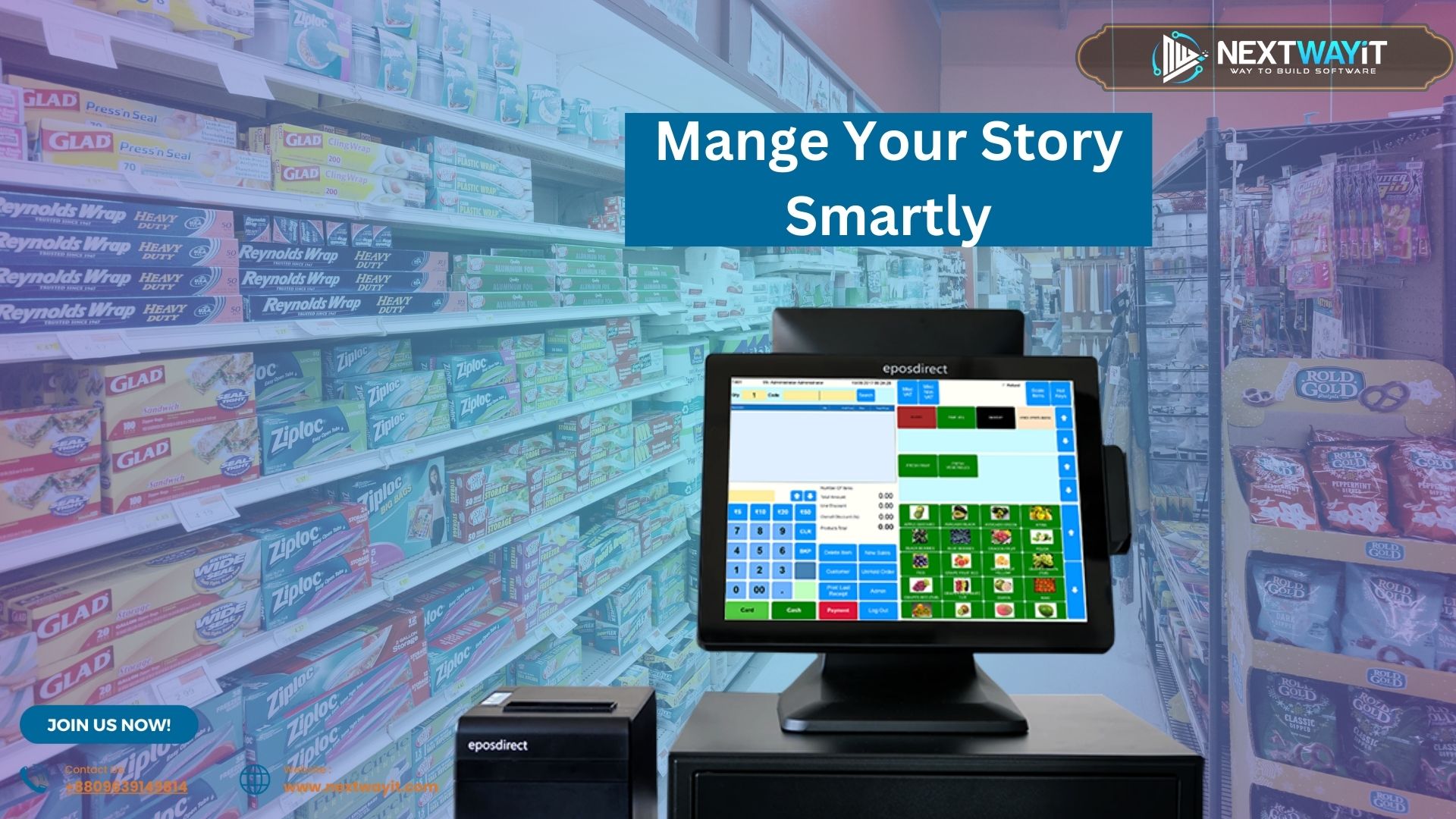
Hospital management Solutions
The Future of Healthcare: Exploring the Benefits of Hospital Management Solutions
In this article discuss about Hospital management Solutions. In today’s rapidly advancing healthcare landscape, hospitals face numerous challenges that extend beyond patient care. These include managing a complex web of administrative tasks, ensuring the efficient use of resources, and maintaining compliance with strict regulatory standards. Hospital management solutions have emerged as critical tools that address these challenges by integrating various functions into a single, cohesive system. These solutions enable hospitals to streamline operations, enhance patient care, and reduce costs, thereby improving overall efficiency. This article delves into the key features and benefits of hospital management solutions, emphasizing their importance in modern healthcare settings.
1. Streamlining Administrative Operations
Administrative tasks in hospitals are often tedious and time-consuming, involving a multitude of processes such as appointment scheduling, patient registration, billing, and record keeping. Traditionally, these tasks were managed manually, leading to inefficiencies, errors, and delays. Hospital management solutions revolutionize this aspect of healthcare by automating and centralizing these tasks.
- Automated Appointment Scheduling: One of the most significant time-savers provided by hospital management solutions is the automated appointment scheduling system. This feature allows patients to book appointments online, which are then automatically synchronized with the hospital’s calendar. This not only reduces the workload for administrative staff but also minimizes the chances of double bookings and scheduling conflicts.
- Digital Patient Records: The transition from paper-based records to digital records has been transformative for hospitals. Hospital management solutions enable the digitization of patient records, allowing healthcare providers to access patient information quickly and accurately. This ensures that medical histories, test results, and treatment plans are readily available, improving the quality of care provided.
- Efficient Billing and Invoicing: Hospital management solutions streamline the billing process by automatically generating invoices based on the services rendered. This reduces the risk of billing errors and ensures that patients are charged accurately and promptly. Additionally, these systems can handle insurance claims processing, further reducing the administrative burden on hospital staff.
- Enhancing Patient Care and Safety
The primary goal of any healthcare institution is to provide the best possible care to its patients. Hospital management solutions are designed with this goal in mind, offering a range of features that directly enhance patient care and safety.
- Electronic Health Records (EHR): One of the most crucial components of hospital management solutions is the Electronic Health Records (EHR) system. EHRs allow healthcare providers to maintain comprehensive and up-to-date records of each patient’s medical history. This includes information on past diagnoses, medications, allergies, and treatment plans. Having this information readily accessible ensures that healthcare providers can make informed decisions, reducing the risk of medical errors and improving patient outcomes.
- Clinical Decision Support Systems (CDSS): These systems are integrated into hospital management solutions to assist healthcare providers in making evidence-based clinical decisions. By analyzing patient data and cross-referencing it with medical guidelines and research, CDSS provides recommendations on diagnosis, treatment options, and potential risks. This not only enhances the quality of care but also ensures that patients receive personalized treatment plans tailored to their specific needs.
- Medication Management: Hospital management solutions also include features for managing medications, ensuring that patients receive the correct dosage at the right time. Automated alerts can notify healthcare providers of potential drug interactions or allergies, preventing adverse reactions and improving patient safety.
- Efficient Resource Management
Resource management in hospitals extends beyond staffing and equipment to include facilities, supplies, and even patient beds. Inefficient resource management can lead to delays in patient care, increased costs, and underutilization of assets. Hospital management solutions address these issues by providing tools for optimizing resource allocation.
- Staff Scheduling and Management: One of the challenges hospitals face is ensuring that they have the right number of staff members available at any given time. Hospital management solutions offer advanced scheduling tools that take into account factors such as staff availability, patient volume, and required skill sets. This ensures that hospitals are neither overstaffed nor understaffed, optimizing both cost and patient care.
- Inventory Management: Hospital management solutions include inventory management features that track the availability of medical supplies, equipment, and medications. These systems can automatically reorder supplies when they reach a predefined threshold, ensuring that hospitals are always well-stocked and can avoid the disruptions caused by shortages.
- Facility Management: Effective management of hospital facilities is crucial to ensuring that patients receive timely care. Hospital management solutions provide tools for managing the availability of patient beds, operating rooms, and other facilities. By tracking the usage of these resources in real-time, hospitals can minimize waiting times and ensure that facilities are utilized efficiently.
- Improved Communication and Collaboration
In a hospital setting, effective communication is vital to ensuring that patients receive timely and coordinated care. Hospital management solutions enhance communication and collaboration among healthcare providers, administrative staff, and patients.
- Integrated Communication Tools: Hospital management solutions often include built-in communication tools such as instant messaging, video conferencing, and email. These tools enable healthcare providers to communicate with one another quickly and efficiently, regardless of their location. This is particularly important in large hospitals where departments are spread out across multiple buildings or floors.
- Patient Communication: In addition to facilitating communication among healthcare providers, hospital management solutions also improve communication with patients. Features such as patient portals allow patients to access their medical records, communicate with their healthcare providers, and receive important updates about their care. This not only improves patient satisfaction but also empowers patients to take a more active role in managing their health.
- Collaboration Among Departments: Hospital management solutions foster collaboration by integrating different departments into a single platform. For example, when a patient is admitted to the hospital, their information is automatically shared with the relevant departments, including radiology, laboratory, and pharmacy. This ensures that all departments are aware of the patient’s needs and can coordinate their efforts to provide the best possible care.
- Financial Management and Reporting
Financial stability is essential for hospitals to continue providing high-quality care to their patients. Hospital management solutions offer a range of financial management tools that help hospitals manage their finances effectively.
- Budgeting and Financial Planning: Hospital management solutions provide tools for creating and managing budgets, allowing hospitals to plan for future expenses and allocate resources efficiently. These systems can generate detailed financial reports that provide insights into revenue, expenses, and profitability. By analyzing these reports, hospital administrators can make informed decisions about where to invest resources and how to cut costs.
- Billing and Revenue Cycle Management: Efficient billing and revenue cycle management are critical to a hospital’s financial health. Hospital management solutions streamline the billing process by automating the generation of invoices and processing of payments. These systems can also handle insurance claims, ensuring that hospitals receive reimbursement from insurance companies promptly.
- Financial Reporting and Compliance: Hospitals are required to comply with various financial regulations and standards. Hospital management solutions provide tools for generating accurate and timely financial reports, ensuring that hospitals remain compliant with these regulations. These systems also include audit trails that track all financial transactions, providing transparency and accountability.
- Enhancing Patient Experience
In an increasingly competitive healthcare environment, patient experience has become a key differentiator for hospitals. Hospital management solutions play a crucial role in enhancing the patient experience by providing features that improve accessibility, communication, and overall satisfaction.
- Online Appointment Scheduling: One of the most significant improvements to the patient experience is the ability to schedule appointments online. Hospital management solutions allow patients to book appointments at their convenience, reducing the need for phone calls and long waiting times. Patients can also receive automated reminders about their appointments, reducing the likelihood of missed appointments.
- Patient Portals: Patient portals provide patients with easy access to their medical records, test results, and treatment plans. These portals also allow patients to communicate with their healthcare providers, request prescription refills, and receive important updates about their care. By providing patients with access to this information, hospital management solutions empower patients to take control of their health and make informed decisions about their care.
- Patient Feedback Systems: Hospital management solutions include patient feedback systems that allow patients to provide feedback on their experience. This feedback can be used to identify areas for improvement and make changes that enhance the overall patient experience. By actively seeking and responding to patient feedback, hospitals can improve patient satisfaction and build stronger relationships with their patients.
- Data Analytics and Reporting
Data-driven decision-making is becoming increasingly important in healthcare. Hospital management solutions offer advanced data analytics and reporting tools that help hospitals gain insights into their operations, patient outcomes, and resource utilization.
- Operational Analytics: Hospital management solutions can analyze data on hospital operations, such as patient wait times, bed occupancy rates, and staff utilization. By identifying patterns and trends in this data, hospitals can make informed decisions about how to optimize their operations and improve efficiency.
- Clinical Analytics: In addition to operational data, hospital management solutions can analyze clinical data to identify trends in patient outcomes, treatment effectiveness, and disease prevalence. This information can be used to develop evidence-based treatment protocols, improve patient care, and reduce the incidence of complications.
- Financial Analytics: Hospital management solutions also provide tools for analyzing financial data, such as revenue, expenses, and profitability. By analyzing this data, hospitals can identify areas where they can reduce costs, increase revenue, and improve their financial performance.
- Compliance and Regulatory Adherence
Healthcare institutions are subject to strict regulations and standards to ensure patient safety and maintain accreditation. Hospital management solutions help hospitals comply with these regulations by providing features such as audit trails, data encryption, and automated reporting.
- Audit Trails: Hospital management solutions include audit trails that track all actions taken within the system. This includes changes to patient records, financial transactions, and administrative tasks. These audit trails provide a clear record of who did what and when, ensuring that hospitals can demonstrate compliance with regulations and standards.
- Data Encryption: Protecting patient data is critical to maintaining patient trust and complying with privacy regulations such as HIPAA. Hospital management solutions use advanced encryption techniques to protect patient data, ensuring that it is secure both in transit and at rest.
- Automated Reporting: Hospitals are required to submit various reports to regulatory bodies, including financial reports, patient safety reports, and quality metrics. Hospital management solutions automate the generation of these reports, ensuring that they are accurate and submitted on time. This reduces the administrative burden on hospital staff and ensures that hospitals remain compliant with regulations.
- Future Trends in Hospital Management Solutions
The future of hospital management solutions is promising, with advancements in technology such as artificial intelligence (AI), machine learning (ML), and blockchain expected to play a significant role. These technologies will further enhance the capabilities of hospital management systems, enabling predictive analytics, personalized patient care, and improved data security.
- Artificial Intelligence and Machine Learning: AI and ML are expected to revolutionize hospital management solutions by enabling predictive analytics and personalized patient care. For example, AI algorithms can analyze patient data to predict the likelihood of complications or readmissions, allowing healthcare providers to take preventive measures. Similarly, ML can be used to develop personalized treatment plans based on a patient’s unique medical history and genetic profile.
- Blockchain Technology: Blockchain technology offers a secure and transparent way to manage patient data, ensuring that it is accessible only to authorized individuals. This technology can be used to create a decentralized and tamper-proof record of patient data, improving data security and privacy. Blockchain can also facilitate the secure sharing of patient data between different healthcare providers, enhancing collaboration and improving patient outcomes.
- Telemedicine Integration: The COVID-19 pandemic has accelerated the adoption of telemedicine, and this trend is expected to continue. Hospital management solutions will increasingly integrate telemedicine features, allowing patients to receive care remotely. This will not only improve access to care but also reduce the burden on hospitals by enabling patients to receive treatment without having to visit the hospital in person.
Conclusion
Hospital management solutions are no longer a luxury but a necessity for modern healthcare institutions. These systems provide a comprehensive platform for managing all aspects of hospital operations, from administrative tasks to patient care and financial management. By streamlining operations, enhancing patient care, and improving overall efficiency, hospital management solutions empower hospitals to provide better care while reducing costs.
As technology continues to evolve, the capabilities of hospital management solutions will only grow, making them an indispensable tool for the future of healthcare. Hospitals that embrace these solutions will be well-equipped to meet the demands of an increasingly complex healthcare environment and deliver the highest standards of care to their patients. The future of healthcare is digital, and hospital management solutions are at the forefront of this transformation.



